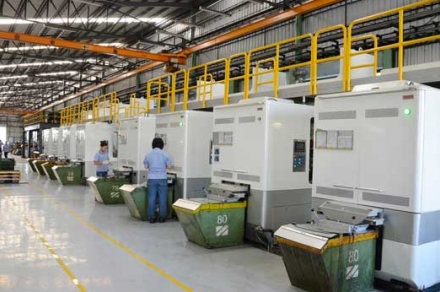Japanese Car Makers Go for Horizontal Coalition Strategy to Unify Components Price

Unified Component Price, Fewer Repetitive Investment
Faced with GM's and other carmakers' compelling momentum, Japan will establish an "International Standards Seminar" consisting of 8 passenger carmakers (Toyota, Nissan, Honda, etc.), 4 truck makers, motorbike companies, and heavy industry companies. Analysts explain that this move is to compete against European companies which prevail in formulating international standards for automotive technologies.
Overlapped Supply Chain, Higher Structural Risk
As GM's "Modularization Tactic" sweeps across the global automotive industry, Japan carmakers choose "Horizontal Coalition" strategy to unify most components, therefore considerably enhancing component universality in between various car models. Components for engine and transmission gear box, and even the screws will be inter-usable between multiple car models. The advantage is reduced R&D and production cost, and faster rollout of new car models.
However, note that this trend will inevitably trigger restructuring within the automotive component industry. Business oligarch may appear. Certainly, conglomerated modulars can exert scale effect to the fullest, but once a major supplier encounters unexpected troubles, soon the whole industry will be involved. Behind the advantage of optimized cost, decision makers of the automotive industry should understand that the whole supply chain will highly overlap, potentially leading to a structural risk where a single problem could collapse the whole industry.

Subscribe







